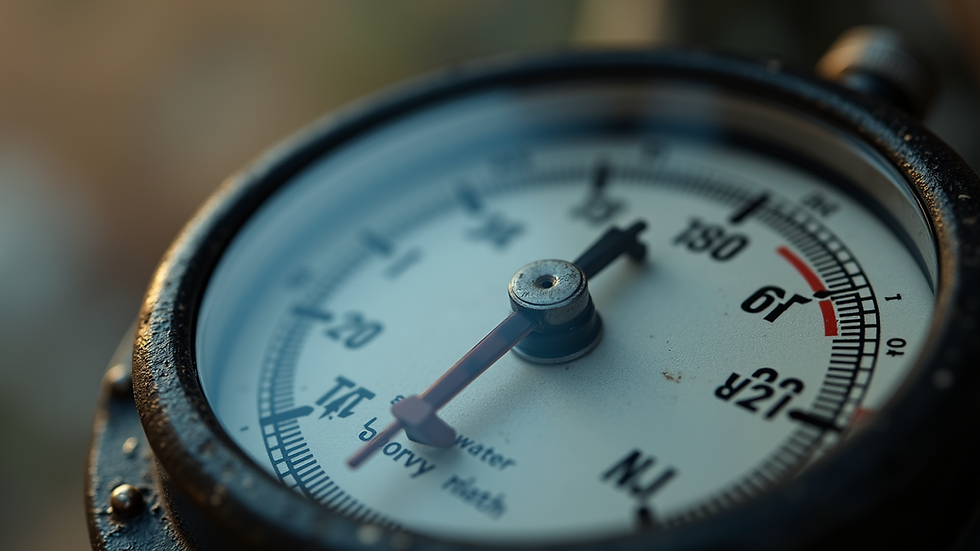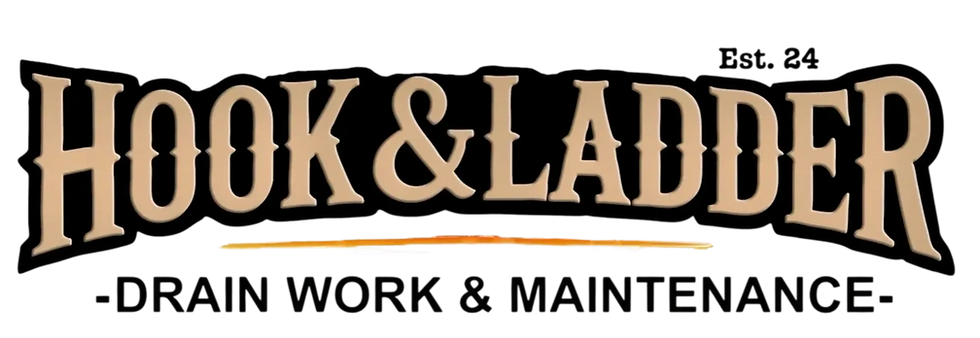Understanding the Common Reasons for Water Meter Malfunctions and Potential Leaks
- Hook & Ladder

- Aug 21, 2025
- 3 min read
Water meters play a vital role in tracking your water usage and identifying leaks in your home. When your water meter shows unexpected readings, it can raise concerns about wasted resources and inflated bills. Recognizing the common reasons for water meter issues is essential for taking proactive steps to address them and maintain efficient water use.
Common Causes of Water Meter Malfunctions
1. Leaks in the Plumbing System
Leaks in your plumbing system are one of the primary reasons your water meter might run continuously. These can occur in various locations, including pipes, faucets, and toilets. For instance, a leaking faucet can waste as much as 3,000 gallons of water a year. A leaking toilet can waste over 200 gallons daily, leading to noticeable increases in your water bill.
Homeowners should regularly check for leaks by looking for water stains, mold growth, or unusual sounds. If you suspect a leak, inspecting your water meter can provide clarity on your actual water usage compared to your bill.
2. Faulty Water Meter
A malfunctioning water meter can lead to incorrect readings. Water meters usually last about 10-20 years, but wear and tear can affect their accuracy. For example, if your meter is over 15 years old and you've noticed unusual spikes in your bills, it might be time for an inspection or replacement.
Stay vigilant about tracking your water bills. A sudden rise in water usage, without any change in household behavior, could indicate that you need to have your meter checked.
3. Running Toilets
Running toilets may seem minor, but they can waste a tremendous amount of water. A continuously running toilet can use over 30 gallons a day. Identifying a running toilet is easy—listen for the sound of water filling the tank or check for water trickling into the bowl.
If you find your toilet running, address it quickly to prevent unnecessary expenses and conserve water.
4. Irrigation Systems
If you have an irrigation system for your garden, it contributes to higher overall water usage, especially during the warmer months. For instance, an automatic sprinkler system can use between 500 to 1,000 gallons per week depending on the schedule and plant needs.
Regularly monitor your system's schedule and check for leaks. Adjusting the irrigation based on weather conditions—such as rainfall—can also lead to significant savings on your water bill.
5. Changes in Household Habits
Every change in daily routines can affect water use. For example, hosting guests or starting a new gardening project may increase your consumption. Observing how these changes impact your meter readings can help you stay informed about your usage patterns.
Keeping a log of your water meter each week can help you detect any unusual spikes or trends.
How to Detect Water Meter Leaks
1. Monitor Your Water Meter
Regularly checking your water meter is one of the best ways to keep track of leaks. Record your meter readings at the same time daily. If you see any unexpected increases, it may indicate a leak somewhere in your plumbing.
2. Conduct a Leak Test
You can conduct a simple water leak test at home. First, make sure all water-using appliances and fixtures are off. Then, take a reading of your water meter. If the dial moves even slightly while everything is off, a leak is likely present in your system.
3. Inspect Visible Plumbing
Inspect visible plumbing areas for leaks. Look closely under sinks, around toilets, and near water heaters for any signs of moisture or corrosion. Spotting issues early can help avoid more significant problems and costly repairs later.
4. Hire a Professional
If you suspect a leak but cannot find it, consider hiring a professional plumber. Advanced tools such as acoustic leak detectors can help identify leaks that are not easily visible or accessible.

Final Thoughts
Recognizing the common reasons for water meter malfunctions and potential leaks is essential for every homeowner. By routinely inspecting your plumbing and staying aware of how changes in habits can affect your usage, you can tackle issues before they escalate.
If you observe any unexpected changes in your water meter readings, investigate promptly. Whether it is a leak, a malfunctioning meter, or altered household routines, addressing these matters can lead to reduced water waste and lower utility costs.
Taking proactive measures regarding your water usage not only benefits your wallet but also contributes to a more sustainable home environment.




Comments